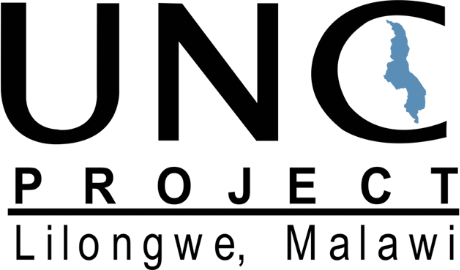M-HIRST QI April 2024
INVITATION
The Malawi HIV Implementation Research Scientist Training (M-HIRST) program is seeking applications from postgraduate students, academics, research scientists, program implementers or policy makers from institutions that conduct health-related research or implement HIV programs in Malawi, who have interest in or are currently conducting Quality Improvement (QI) and HIV Implementation Science (IS) activities. Applicants will complete a virtual course in collaboration with the Kamuzu University of Health Sciences and the University of the Witwatersrand in South Africa.
COURSE SUMMARY
The course introduces participants to Quality Improvement (QI) methods, which enables them to develop skills in using the QI tools to solve real-life improvement problems and generalizable insights about use of QI to facilitate local and global improvements in health care and public health. The following areas will be covered in the course: Key Frameworks in implementation research, designing complex public health systems (Design elements, Process design, testing solutions), Introduction to Principles of Improvement, Viewing Work as a Process, collecting Data for Improvement, Analyzing Baseline Data for Patterns and Trends, Generating, Testing, Implementing and Evaluating Improvement Solutions, Adapting and Sustaining Solution.This course is fully funded by MHIRST and will be delivered virtually for two weeks from 17th to 28th April 2023.
INTENDED LEARNING OUTCOMES
The course objectives include;
- 1. To understand Quality Improvement (QI) methods and measures;
- 2. To develop skills in using the tools of QI in the context of improvement;
- 3. To develop generalizable insights about use of QI to facilitate local and global improvements in health care and public health;
- 4. To conduct a quality improvement project under mentorship
ELIGIBILITY
- 1. Currently enrolled in or completed a health-related postgraduate training program (Master’s degree or PhD);
- 2. Employed in an academic or research institution, government or non-governmental organization implementing HIV-related programs in Malawi or have strong linkages with public institutions or non-governmental institutions that have a track history of delivering HIV services.
- 3. Able to conduct quality improvement projects in their respective institutions
- 4. Have a supervisor or mentor with strong background in HIV research or service delivery;
- 5. Applicants with an identified quality improvement research idea will have an added advantage.
APPLICATION PROCESS
Interested applicants are required to:
-
- 1. Fill-out an application form using the following link: QI Short Course Application Form. (DO NOT fill in the google form without submitting your PDF document).
- 2. Submit a single PDF document to the mhirstcoordinator@medcol.mw that includes a
- • motivation or letter of interest (not more than one page) detailing why they want to do the course.
- • one-page summary of their proposed QI and HIV IS research idea.
- • updated Biosketch or Curriculum Vitae (DO NOT submit your PDF document without filling in the google form).
The deadline for receiving applications is Tuesday, 4th April 2023 at 17:00 hrs. Late and incomplete submissions will not be considered and only shortlisted candidates will be contacted.
ABOUT THE SPONSORS
The Kamuzu University of Health Sciences (KUHeS) was established in 2021 as a transitional university from the College of Medicine and Kamuzu College of Nursing which were then constituent colleges of the University of Malawi. Its mission is “to be an academic centre of excellence in the training of doctors and other health professionals in clinical service and medical research, responsive to the health needs of Malawi and its neighbours within the Southern African region”. Since 2015, the National Institutes of Health-Fogarty International Centre in the USA has been funding the KUHeS and University of North Carolina to establish and roll-out the Malawi HIV Implementation Science Research Training (M-HIRST) Program which aims at building and strengthening local capacity for designing and conducting research studies to generate evidence that accelerates the scale up of evidence-based HIV interventions. Login and Apply
